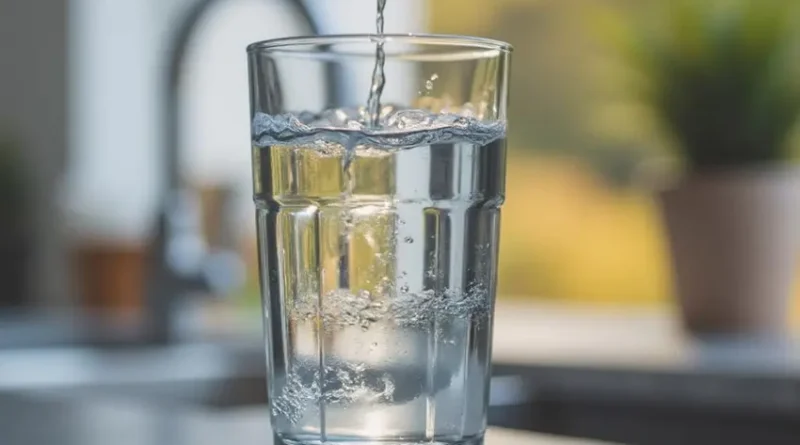Why is Daily Water Intake Important?
Water is essential for life. Every cell, tissue, and organ in your body requires water to function correctly. While most of us know we should be drinking enough water, the significance of daily water intake often gets overlooked. This blog post explores the critical reasons why staying adequately hydrated is vital for your health.
The Basics of Hydration
Your body is composed of about 60% water, contributing to various fundamental functions, including:
- Temperature regulation: Water helps maintain a stable body temperature through perspiration.
- Nutrient transportation: It aids in transporting nutrients and oxygen to cells.
- Waste elimination: Water is essential for flushing toxins and waste through urine and sweat.
- Joint lubrication: It keeps your joints lubricated and supports proper joint function.
- Cellular structure: Every cell relies on a healthy water balance to keep its structure intact.
The Role of Daily Water Intake
Understanding why daily water intake is essential highlights its impact on overall well-being. Dehydration can lead to a host of health issues, including:
- Physical performance: Even mild dehydration can significantly affect physical performance. Studies show that losing as little as 2% of your body weight due to dehydration can result in fatigue, reduced motivation, and increased perceived effort.
- Cognitive function: Insufficient hydration can also impair cognitive ability and mood, leading to difficulties in concentration, short-term memory issues, and increased feelings of anxiety.
- Headaches and migraines: Dehydration is a common trigger for headaches and migraines. Ensuring adequate water intake can help reduce the frequency and severity of these painful episodes.
- Skin health: Proper hydration helps maintain skin elasticity and can even reduce the appearance of fine lines and wrinkles.
- Digestive health: Water plays a vital role in digestion. It aids in breaking down food and preventing constipation by ensuring the smooth movement of waste through the intestines.
How Much Water Do You Need?
While the commonly cited recommendation is to drink 8 glasses (64 ounces) of water a day, individual hydration needs vary based on several factors, including:
- Age: Older adults often require more water as their sense of thirst diminishes.
- Activity level: If you exercise regularly or engage in strenuous activities, you will likely need to drink more water.
- Climate: Hot and humid weather, or high altitudes, can increase your water loss, necessitating higher intake.
- Health status: Conditions such as fever, vomiting, diarrhea, or urinary tract infections can lead to increased fluid loss and require additional hydration.
To ensure you are drinking enough water, consider the following tips:
- Carry a water bottle: Having a water bottle with you makes it easier to remember to drink throughout the day.
- Set reminders: Use your phone or smartwatch to set reminders to drink water at regular intervals.
- Eat hydrating foods: Foods with high water content, such as fruits (watermelon, oranges) and vegetables (cucumbers, lettuce), can contribute to your overall hydration.
The Bottom Line
Daily water intake is not just a health recommendation; it’s a crucial aspect of maintaining your body’s overall functionality. By staying adequately hydrated, you promote physical performance, cognitive function, and overall health. Take the time to listen to your body and recognize signs of dehydration to ensure you are drinking enough.

